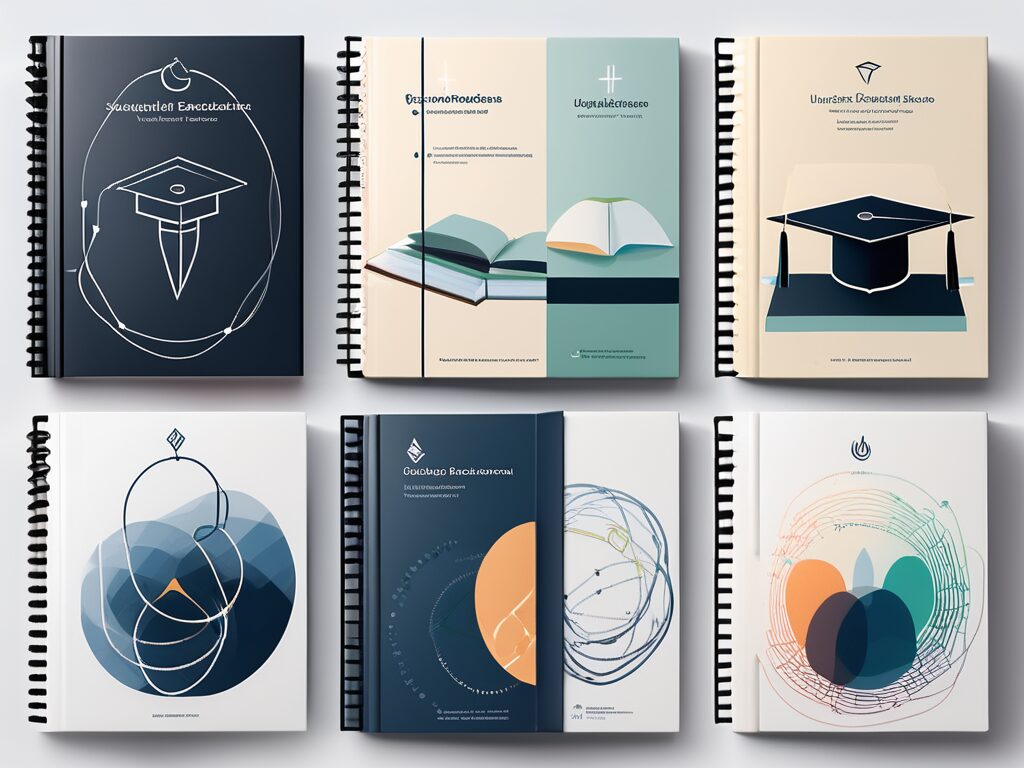Is it Safe to Teach in China in 2023?
Teaching in China offers a unique opportunity for international educators to immerse themselves in a rich cultural experience while advancing their careers. However, with global uncertainties and evolving educational landscapes, many aspiring teachers wonder, “Is it safe to teach in China in 2023?” This article will explore the safety, opportunities, and necessary steps for those considering this path.
Table of Contents
- Why is it Important for Aspiring International Teachers?
- Key Skills or Qualifications Required
- Steps to Get Started
- Challenges and How to Overcome Them
- Best Practices and Tips for Success
- Conclusion
Why is it Important for Aspiring International Teachers?
China remains one of the largest markets for international educators, with a growing demand for English teachers and subject specialists. The country’s emphasis on education and internationalization presents numerous job opportunities. According to recent data, the demand for foreign teachers in China is expected to grow by 10% annually. This trend highlights the importance of understanding the safety and potential of teaching in China.
Key Skills or Qualifications Required
To teach in China, educators typically need a bachelor’s degree and a TEFL/TESOL certification. Experience in teaching and a passion for cultural exchange are also highly valued. Proficiency in Mandarin is not mandatory but can be advantageous. Schools often look for teachers who are adaptable, culturally sensitive, and committed to professional development.
Steps to Get Started
1. Obtain the necessary certifications, such as TEFL or TESOL.
2. Gain relevant teaching experience, either locally or internationally.
3. Research and apply to reputable schools or teaching programs in China.
4. Prepare for cultural adaptation by learning about Chinese customs and language basics.
5. Secure a work visa and ensure all legal requirements are met before departure.
Challenges and How to Overcome Them
Teaching in China comes with its set of challenges, including cultural differences, language barriers, and adapting to a new education system. To overcome these, educators should engage in cultural training, seek support from fellow expats, and remain open-minded. Building a local support network can also ease the transition.
Best Practices and Tips for Success
1. Embrace continuous learning and professional development.
2. Foster strong relationships with students and colleagues.
3. Stay informed about local and global educational trends.
4. Maintain a balance between work and personal life to avoid burnout.
5. Document and reflect on your experiences to grow as an educator.
Conclusion
Teaching in China in 2023 offers a wealth of opportunities for personal and professional growth. By understanding the requirements, preparing for challenges, and embracing best practices, educators can thrive in this dynamic environment. The journey may be challenging, but the rewards are significant for those willing to take the leap.
Want to become a teacher in a Tier 1 international school? Join the course here.

